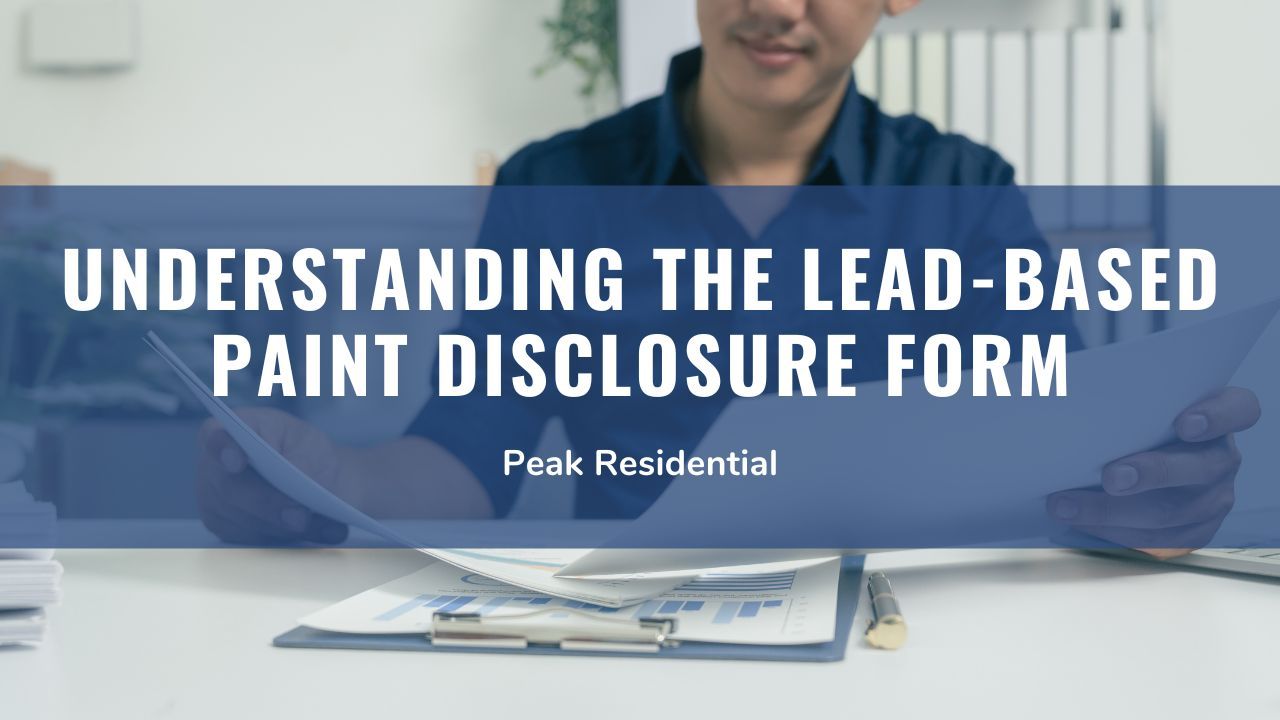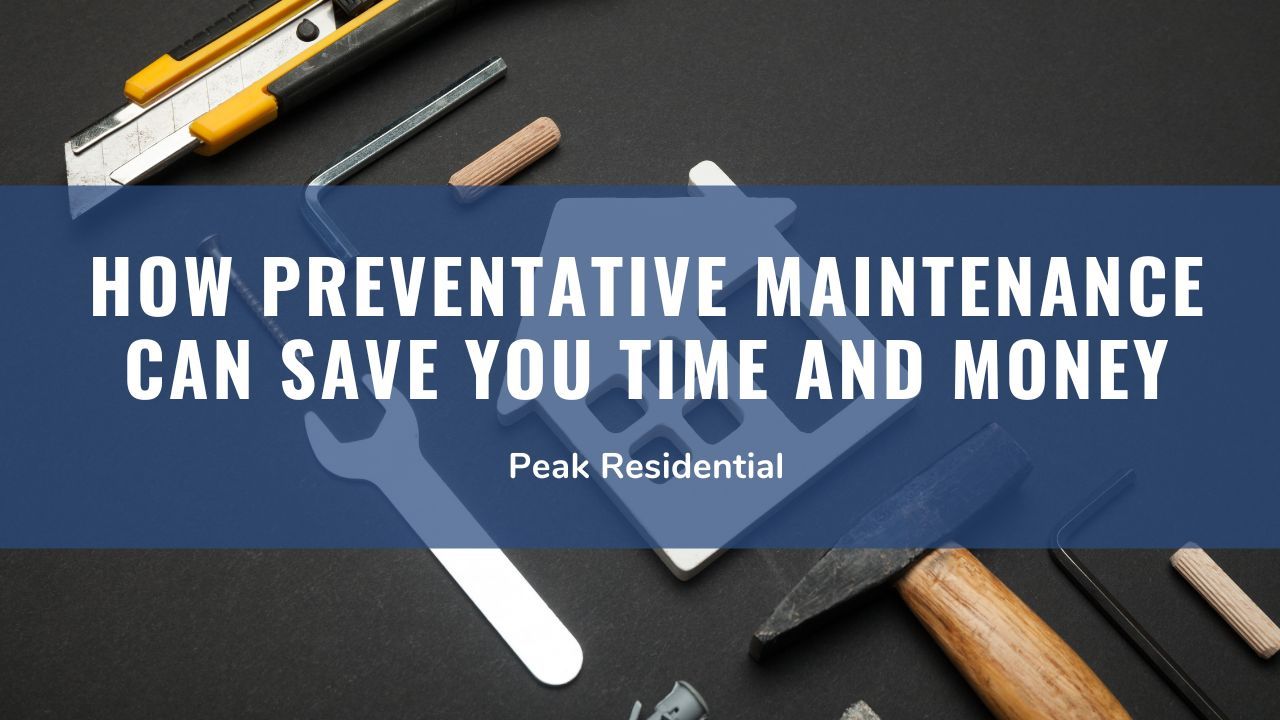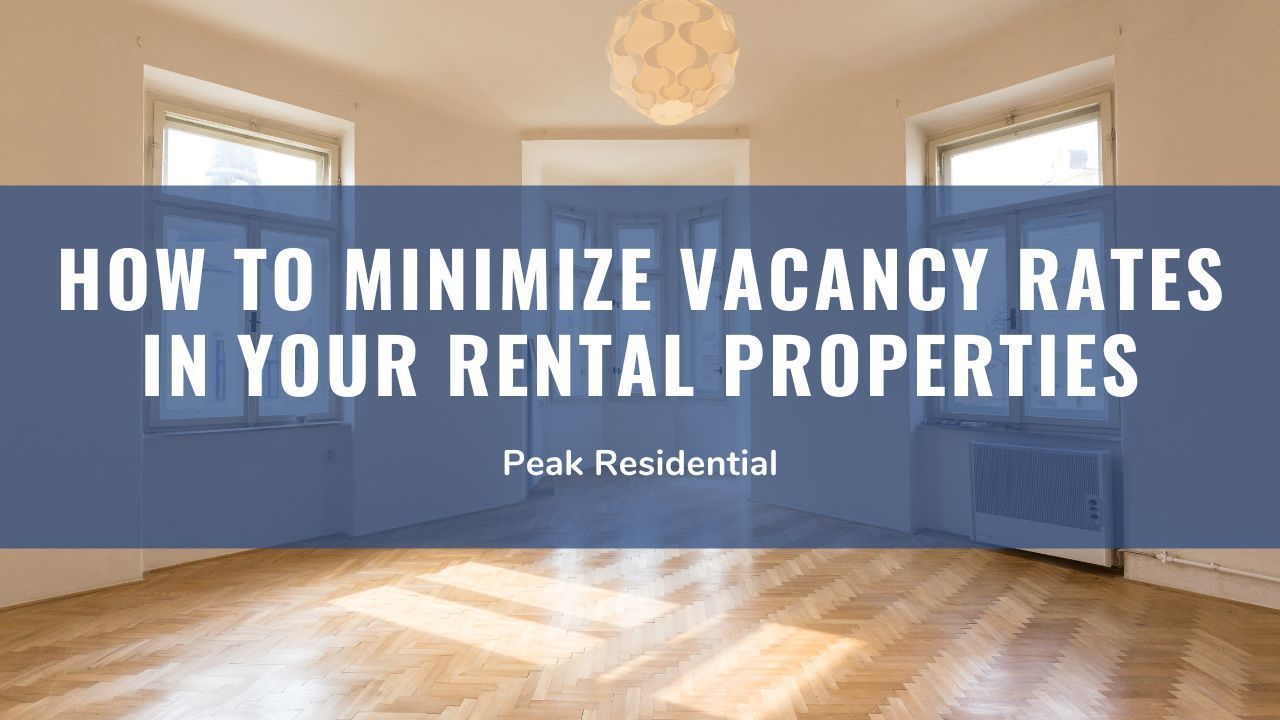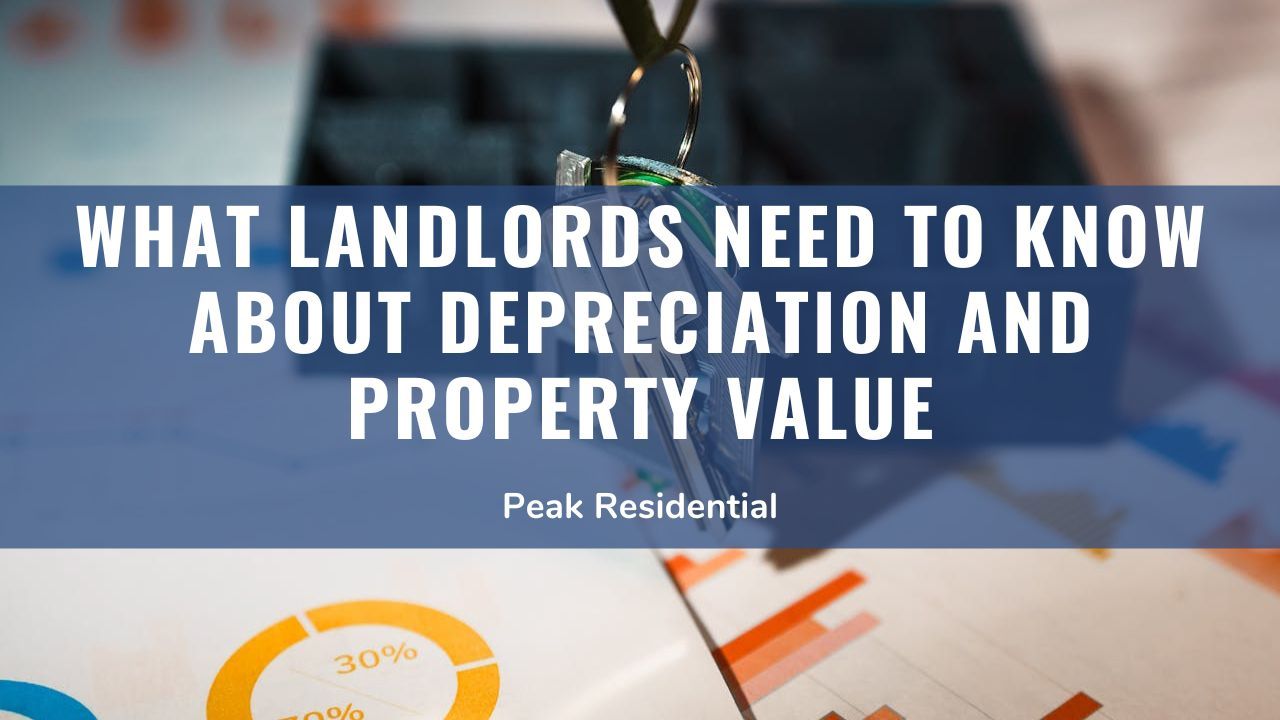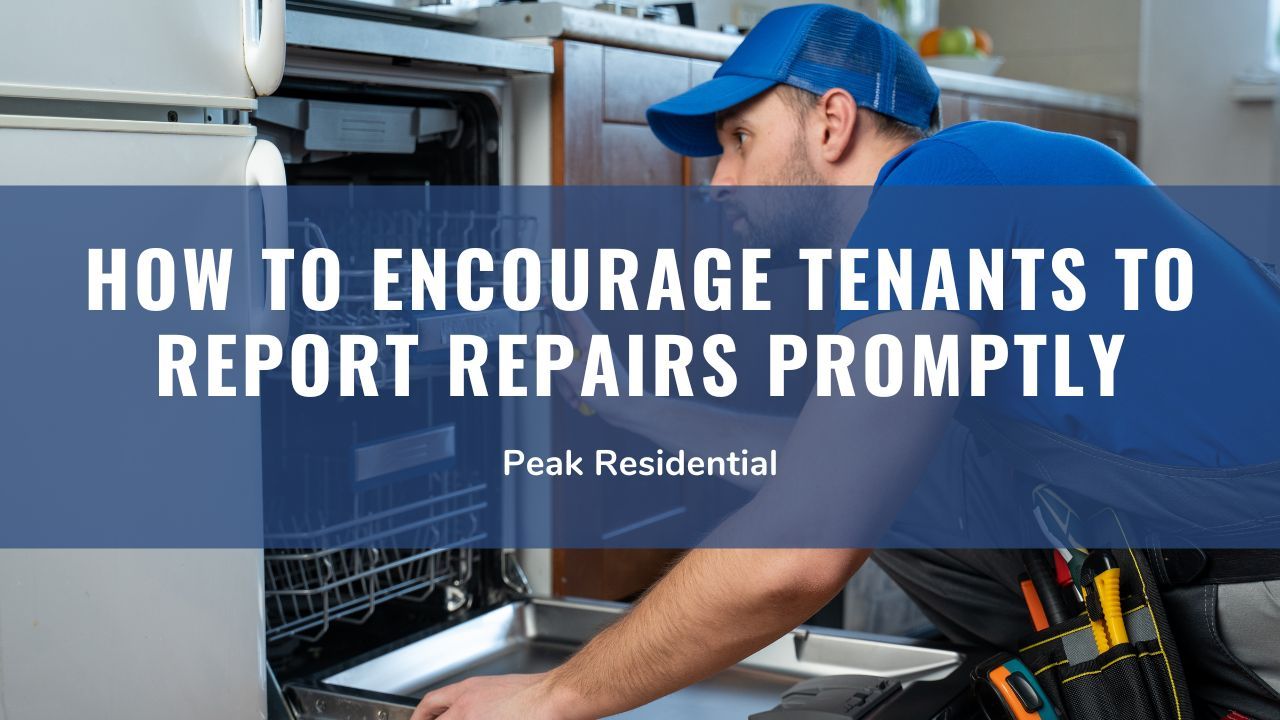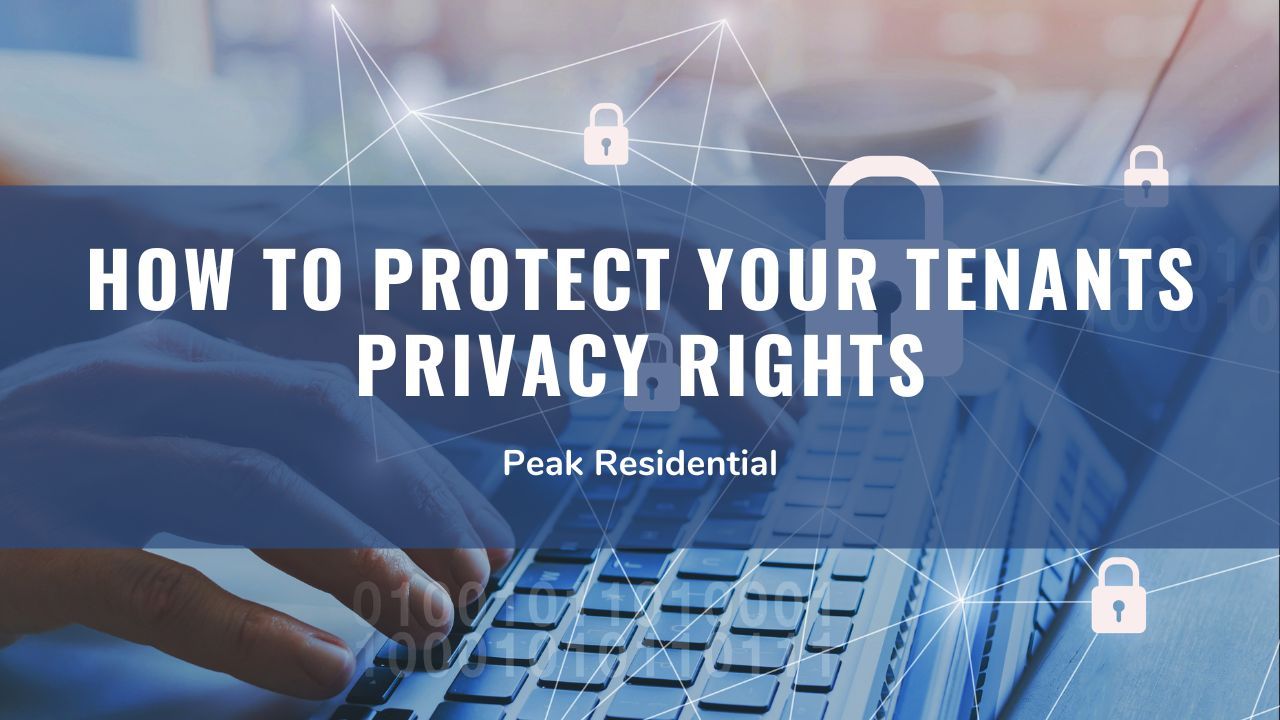As a landlord, managing properties isn't just about collecting rent and ensuring the maintenance of your buildings. It also involves handling tenant complaints, one of the most common being noise complaints.
Noise can disrupt the harmony of your rental property, leading to tenant dissatisfaction and potential turnover. This article will provide you with a comprehensive guide on dealing with noise complaints effectively.
Understanding The Source of Noise Complaints
Before diving into solutions, it's essential to understand the common sources of noise complaints. Noise disturbances are caused by various reasons, including:
- Neighboring Tenants: Loud music, parties, or general noisy behavior can lead to complaints.
- External Noise: Traffic, construction, or nearby businesses will contribute to noise pollution.
- Building Issues: Thin walls, poor insulation, and faulty appliances can amplify noise problems.
- Pets: Barking dogs or other noisy pets can be a significant source of complaints. If you allow pets, ensure you conduct a thorough pet screening.
Identifying the source is the first step in addressing and resolving noise complaints.
Steps To Address Noise Complaints
If you receive noise complaints from your tenants, follow these steps to help you address these efficiently and fairly:
1. Establish Clear Noise Policies
It's crucial to have clear noise policies outlined in your lease agreement. Specify quiet hours, acceptable noise levels, and the consequences of violating these rules.

This proactive approach sets expectations and provides a reference point when addressing complaints.
2. Document Complaints Thoroughly
Whenever a tenant lodges a noise complaint, document it meticulously. Record the date, time, nature of the complaint, and any actions taken. This documentation will be valuable if the issue escalates or if you need to take legal action.
3. Communicate With Tenants
Open communication is key. Address the complaint with the tenant responsible for the noise, if identifiable. Approach the situation calmly and professionally, and discuss potential solutions. Sometimes, tenants may not be aware they are causing a disturbance.
4. Conduct Inspections
If the noise source is unclear, visit the property to investigate. This firsthand inspection can help you identify the issue more accurately and determine the best course of action.
5. Mediation and Conflict Resolution
In cases where noise complaints persist, consider mediation. A neutral third party can help facilitate a resolution between tenants. Mediation can be an effective way to resolve conflicts without resorting to legal action.
6. Implement Soundproofing Measures
Investing in soundproofing solutions can mitigate noise issues. This might include adding insulation, installing thicker carpets, or using noise-reducing curtains. While this requires an upfront investment, it can enhance tenant satisfaction and reduce future complaints.
Legal Considerations
Understanding local noise ordinances and laws is crucial. Different jurisdictions have varying regulations regarding acceptable noise levels and quiet hours. Familiarize yourself with these laws to ensure your actions are legally sound and to avoid potential liabilities.

If a tenant's noise complaints violate local ordinances, you may need to involve law enforcement or take legal action. Always ensure your actions align with legal requirements and consider seeking legal advice when necessary.
Why Noise Complaints Can Be Stressful
Handling noise complaints can be a significant source of stress for landlords. Understanding why these issues are particularly challenging can help you manage them more effectively. Here are some reasons why noise complaints can be especially stressful:
Impact on Tenant Satisfaction and Retention
Noise complaints can severely affect tenant satisfaction. Unresolved noise issues can lead to increased tenant turnover, which can be costly and time-consuming.
Keeping tenants happy and ensuring a quiet living environment is crucial for maintaining long-term occupancy and avoiding the hassle of constantly finding new tenants.
Balancing Conflicting Interests
As a landlord, you often find yourself caught between conflicting interests. While one tenant may complain about noise, the tenant causing the disturbance might feel unfairly targeted or believe they are not causing any issues. Balancing these perspectives and finding a fair resolution can be challenging and stressful.
Potential for Escalation
Noise complaints that are not addressed promptly and effectively can escalate into more serious conflicts. In extreme cases, disputes between tenants can lead to hostile interactions or even legal action.

Managing these situations requires diplomacy and a proactive approach to conflict resolution.
Legal and Regulatory Compliance
Navigating the legal landscape surrounding noise complaints can be daunting. Different jurisdictions have specific noise ordinances and regulations that landlords must adhere to.
Ensuring compliance with these laws while addressing tenant complaints adds an extra layer of complexity and stress.
Time and Resource Intensive
Investigating noise complaints, mediating between tenants, and implementing solutions such as soundproofing can be time-consuming and resource-intensive.
For landlords managing multiple properties, this can quickly become overwhelming, diverting attention from other essential management tasks.
Reputational Impact
Persistent noise issues can damage the reputation of your property. Negative reviews and word-of-mouth complaints can deter potential tenants and harm your ability to attract quality renters.
Maintaining a good reputation is vital for the long-term success of your rental business, and unresolved noise complaints can undermine this.
Conclusion
Noise complaints are an inevitable part of property management, but they don't have to be a source of constant frustration. By following the steps above, you can effectively manage noise issues and maintain a harmonious living environment for your tenants.
Hiring a professional property manager can further streamline this process. This not only improves tenant satisfaction but also frees up your time to focus on other aspects of property management. Talk to
Peak Residential if you need help, and we’ll be happy to assist you!
